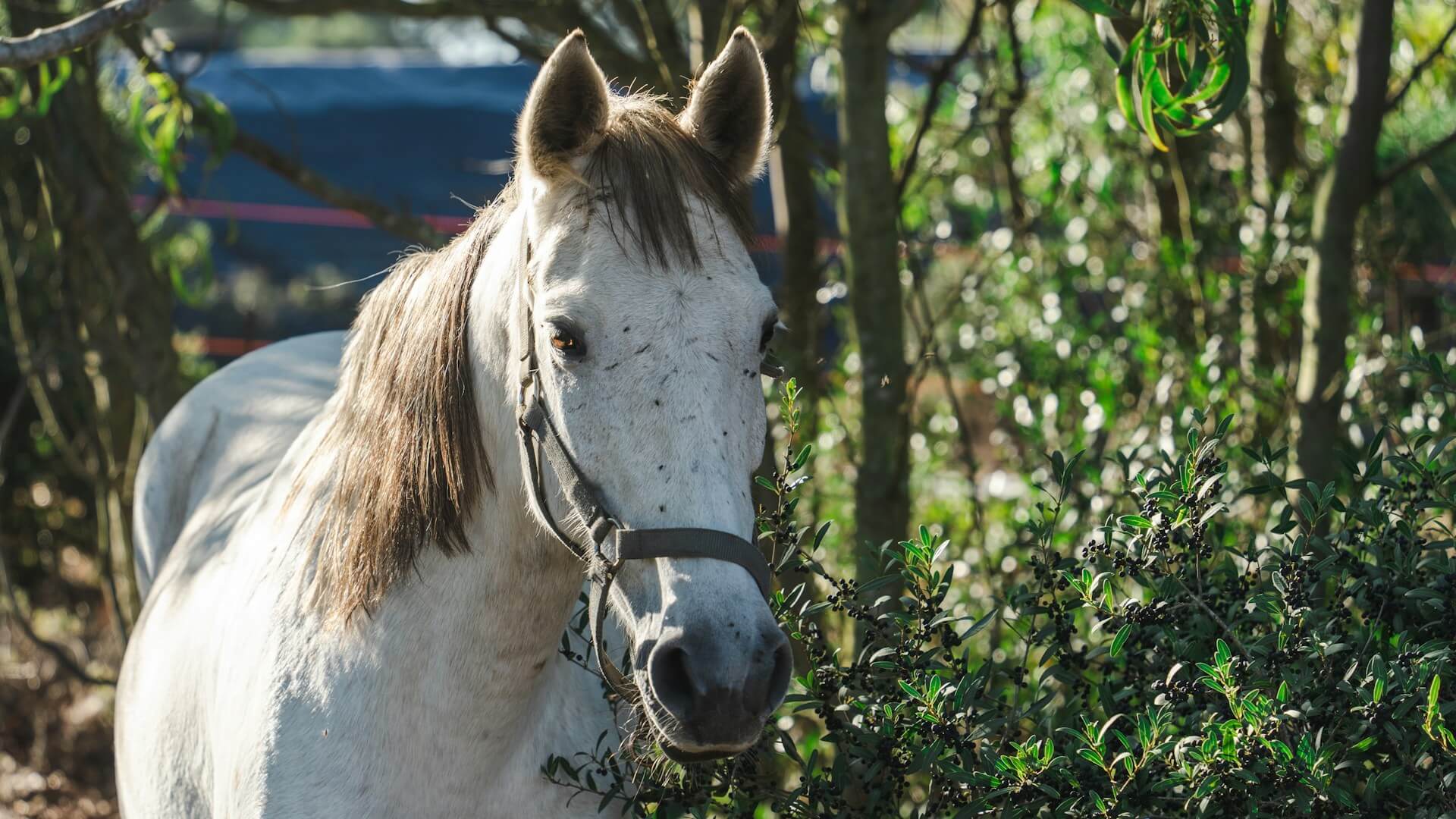
Staying safe from horse fly bites this summer
There are high chances you or your horse have been bitten by a horse fly on more than one occasion. Even if horse flies are not harmful to humans, these are usually a problem for horses as they carry equine infectious anemia, also referred to as swamp fever.
This means when they bite horses, they can transmit this life-threatening disease. If infected, horses may experience fever, hemorrhaging and general illness. They are most common during summer months, and as this is transmittable between equine animals, it is important to stay safe from horse fly bites.
Why is it important to prevent horse fly bites?
Biting flies pierce the horse’s skin and they feed on their blood, and nuisance flies lay secretions around the horse’s eyes, mouth, nose or other sensitive spots. This means it can cause different problems to horses.
Also, flies carry diseases and allergic reactions can result from fly bites. Even when flies are annoying to horses and riders alike, there needs to be a special consideration with working or competing horses.
You might like: how to manage heat and humidity on horses
The different types of flies that bother horses
Horse flies (Tabanidae) are active around June and July and appear on warm days, especially around woodlands. They prefer feeding around the horse’s underside, legs, neck and withers. The bites appear as painful papules (like pimples) and wheals (small lumps).
Home-made fly repellents are of little protection against horseflies. Insecticides known as synthetic pyrethroids (permethrin or cypermethrin) are the best option to protect horses from these insects. These can be bought in tack shops.
Black flies (Simuliidae) are small and breed very quickly in moving water. They appear at dawn and dusk during spring and early summer. These commonly feed around the face, particularly inside the ears. They can cause allergic skin reactions and distract the horse.
Bites appear in painful lumps, often with some bleeding and crusting. Pyrethroid fly sprays disencourage these flies from approaching, but also physical barriers such as ear nets, or oil-based products, as citronella oil can be used. Vaseline applied inside the ears can be used to prevent insect bites.
Midges (Culicoides) can be spotted in swarms at dawn and dusk. This insect lays its eggs in standing water, thus it is recommended to avoid stagnant areas. Normally, this insect likes to feed in the mane and tail hairs.
To combat this insect, you can use insect repellents as permethrin-based products. Oil-based products can also be applied several times each day to prevent flies from landing on the horse. Other methods to prevent midges are to use a fan to create a breeze that keeps the insect away.
Stable flies lay their eggs in moist vegetation, usually on hay or silage that has been contaminated by urine or manure. They are associated with poor hygiene and they feed on horses’ legs and abdomens. Bites are itchy and painful papules with a central crust.
To prevent these bites, it is important to keep high hygiene standards and also use permethrin based products directed at the legs of the horse.
Other insects include mosquitoes, bees or wasps. These can cause uncomfortable bites on the horse, and while bees and wasps are spotted throughout the day, mosquitoes are at their worst two hours after the sunset.
Treating horse fly bites on horses
When there is a horsefly bite you can apply an ice pack or bathe with cool salt water. However, if there are multiple bites, it is best to apply a mild horse shampoo to remove the scurf or the bacteria and to calm down the inflammation.
Also, having an anti-itch preparation such as colloidal oatmeal, calamine lotion or zinc oxide cream can be helpful when your horse has been bitten by a horsefly. Preventing the horse from rubbing the affected area is important to avoid it from getting worse.
Regarding wasp stings, as they are alkaline the area should be bathed with a dilute acid, as vinegar or lemon juice. On the other side bee stings are acidic, so you could use baking soda. Moreover, if the bee has left its sting behind, try removing it with tweezers first.












_v2.svg)
_v2.svg)









_v2.svg)


